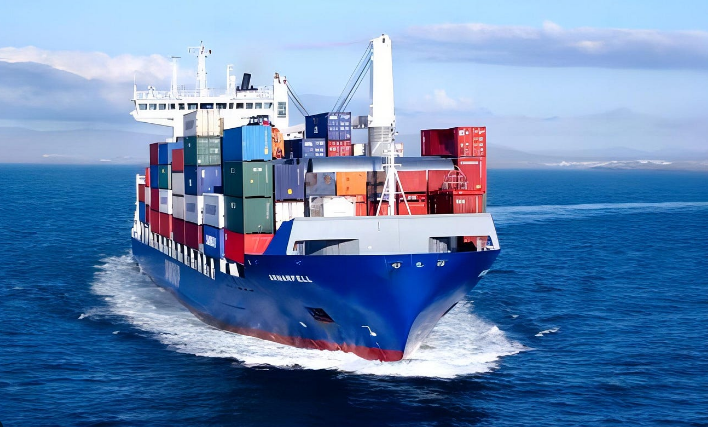There are several hurdles that come with customs when it comes to Shipping From China to Spain. From annoying prohibitions on documenting their degrees to irritating tariffs and delays. For companies that take their shipping operations seriously, it is essential to know and understand these challenges so they can be forewarned, along with any relevant compliance issues.
Regulatory Requirements
Spain, by being a part of the European Union deals with EU-like customs regulations which can be complicated. As such, importers have to meet many types of standards such as safety and health protection or regulatory compliance with EU environmental protection requirements. Example: Electronics must meet the European Union's RoHS Directive which restricts certain hazardous materials in electronic equipment.
Documentation and Procedures
With good documentation, you can easily clear customs into Spain. Necessary documents typically include a commercial invoice, packing list and Certificate of Origin. The accuracy of the information documented is critical as it helps prevent discrepancies that can cause delays to your shipment and additional dry run inspections steps. For example, the most classic trick of all is that they declare lower values for goods so as to pay less for customs duties; something we Spaniards have VERY monitored and sanctioned.
Tariff Classification
Using the correct Harmonized System (HS) code to classify goods is vital. If a misclassification error occurs, the wrong tariff is applied and the trust can then overpay or break laws. The tariff rate can go as high depending on the origin, material composition; some categories like textiles are subject to a 12% levy.

VAT and Duty Payments
When it comes to imported goods, the most common VAT rate in Spain is around 21% (known simply as Value-Added Tax or "VAT"). Working out the right VAT and duty payment is key in budgeting for how much importing your goods will cost. You will need to be registered and may require a fiscal representative as most transactions by an importer in Spain must go through the Spanish tax authorities.
Inspections and Delays
Customs inspecting is very strict in Spain, especially on public health agrifood and medicines. Both random and targeted inspections can slow you down. This means that major Spanish ports like Barcelona can experience week-long delays during peak importing seasons, for example.
Expert Advice on Customs
Experienced logistics providers - such as those that specialize in shipping from china to spain - can help companies navigate these challenges effectively. Local regulations are better understood by these experts, they ease the documentation process and also help protect businesses in customs disputes.
In conclusion, any company that wishes to ship goods internationally from China must know and train for the customs issues they are going to experience in Spain. Eleonora Mihaylova | March 23, 2021 By managing compliance on a granular level with proper documentation accuracy and servicing by experienced freight forwarders going ahead - it is possible to substantially reduce this kind of interruption from affecting your shipments as well; continue reading so you understand how.